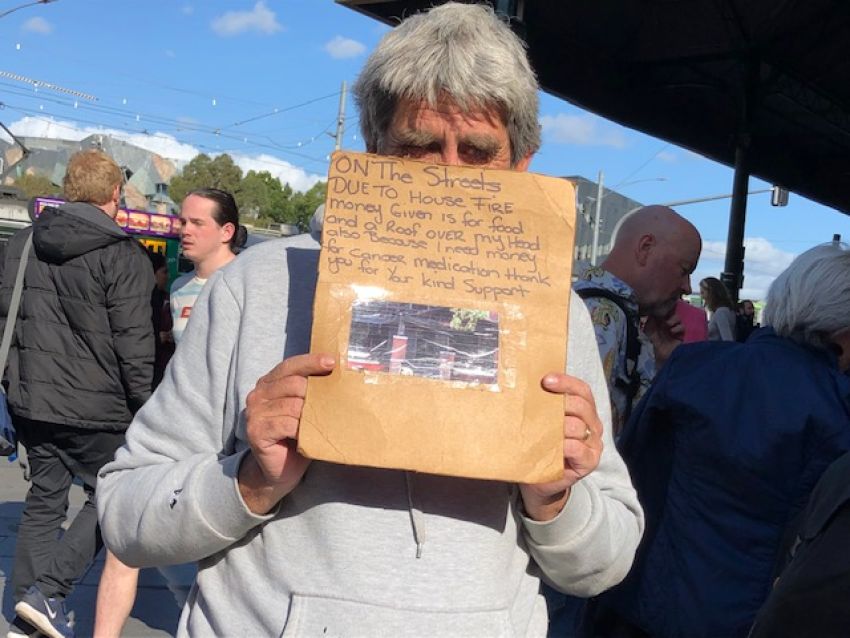
The COVID-19 pandemic has exposed the capitalist system’s embrace of neoliberalism — including at council level. Years of cut-backs and privatisations mean that it hard to get agreement on council to rapidly put in place an adequate COVID-19 public health response for the most vulnerable.
Since the beginning of the pandemic, health experts have repeatedly advised that frequent handwashing with soap and water, in addition to physical distancing, is the best way to prevent the virus from spreading. They recommend soap and water over hand sanitiser.
You would think this would prompt all councils to begin installing soap in public toilets and opening them for 24 hours a day to ensure access, including for homeless people.
But many have not done this.
For years, local councils have justified closing public toilets on the spurious grounds of stopping the spread of “anti-social behaviour” or “vandalism”, when it was in fact a budget measure.
Many councils now do not mandate the construction of public toilets when parks with playgrounds and barbecue facilities are built.
Another problem is that many public toilets do not have hand soap or, if they once did, it is not replenished.
ABC Radio reported on February 28 that even after knowing of the virus danger, the Sunshine Coast Council was still removing soap dispensers from public amenities. This prompted a public outcry, which led to the council changing its mind.
A councillor was quoted saying that “public amenities were designed, constructed and operated” in line with Crime Prevention Through Environmental Design principles to “help lessen the incidences of crime, vandalism and anti-social behaviour”.
Similar justifications have been used by some Moreland councillors, where I am a councillor, to install “hostile architecture” — another way of making life harder for homeless people.
For two months I have been battling to get hand soap in all public toilets. It took a pandemic for my motion to finally pass on March 25. As at March 30, 37 Moreland residents had been diagnosed with COVID-19.
But I failed to win support for public toilet facilities to remain open for 24 hours a day. This means that the most dispossessed people in our communities are being denied some level of protection. Even without this dangerous virus, homeless people’s human rights are being trampled on.
All levels of governments need to concern themselves with the welfare of every single person, especially during a pandemic.
Even small councils, like Moreland, can help in the fight to stop the spread by allowing homeless people to access shower facilities in now-closed leisure centres.
In addition, tens of thousands of others will not be eligible for the federal government’s special assistance packages.
Asylum seekers, migrant workers on temporary visas, international students and tourists are not eligible, despite being eligible to work and pay tax.
Asylum seekers are particularly vulnerable, since the federal government axed their access to a paltry income support payment.
I tried, but failed, to win support for Moreland Council to establish food banks and extend its Meals on Wheels programs to all vulnerable people, including those without a Centrelink card.
Councils should stop collecting some fees for services, as my council has done.
Federal and state governments need to fund councils, which still provide many essential services and infrastructure, to allow them to pass on rate freezes and concessions.
The million or more people who have just lost their jobs, or been stood down, need immediate relief from mortgage, rates and utility bills.
[Sue Bolton is the Socialist Alliance councillor in Moreland Council, Victoria.]